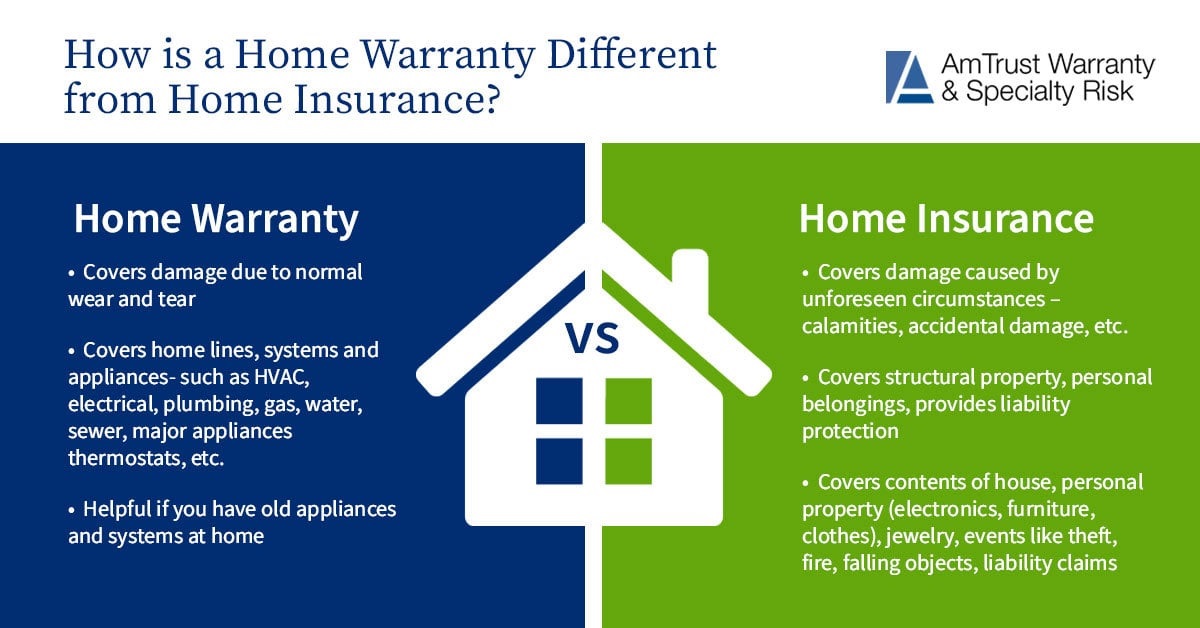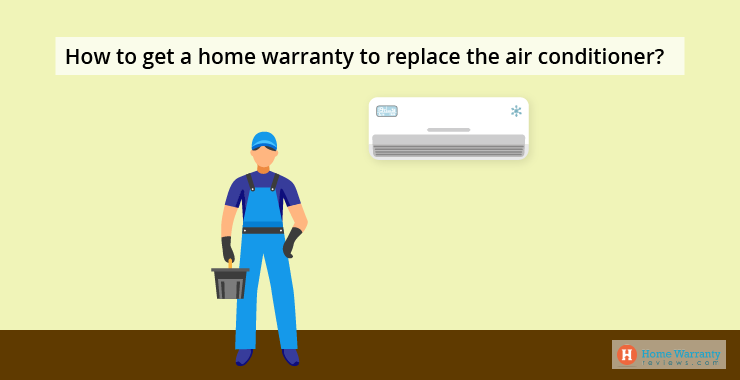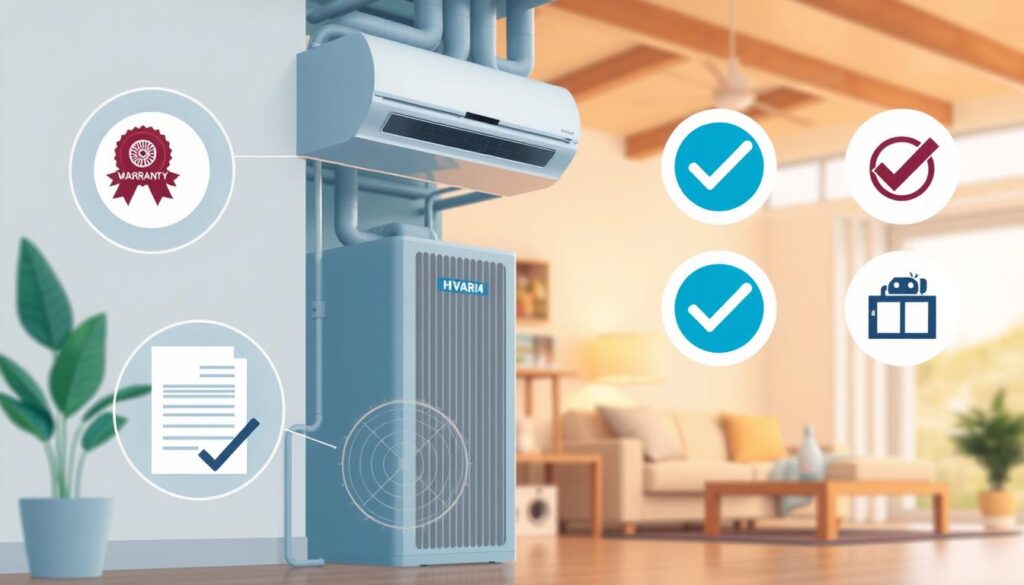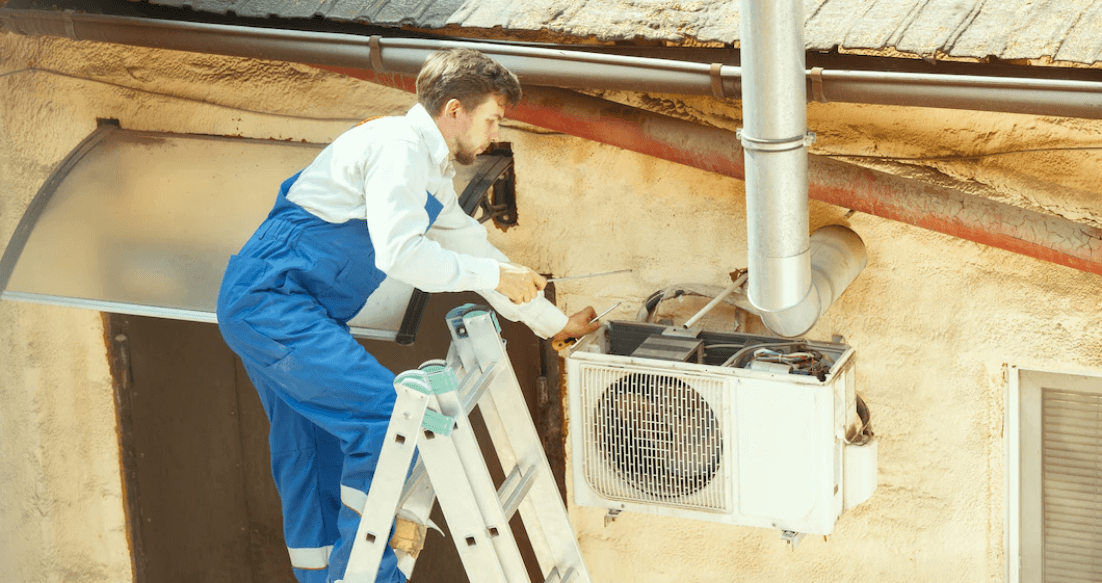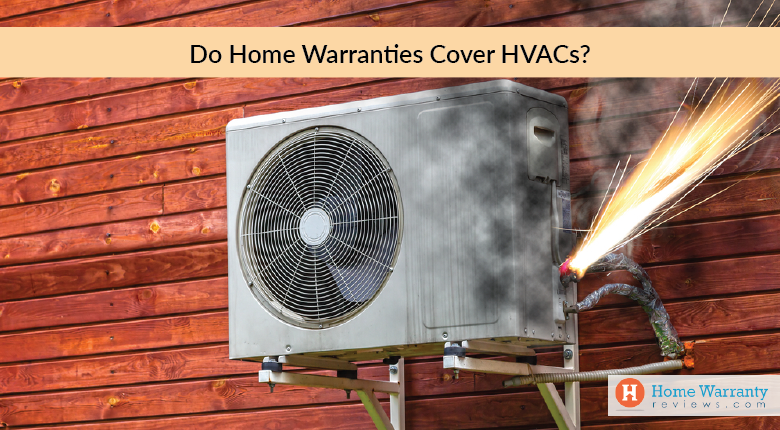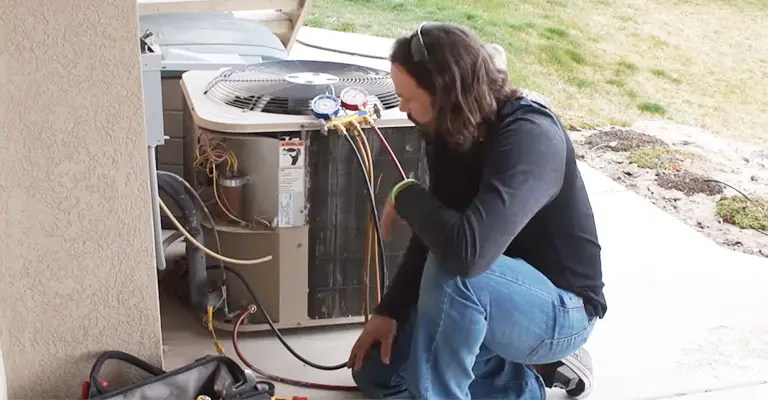Will A Home Warranty Replace Hvac

The question of whether a home warranty will cover HVAC repairs or replacement is a common one, and the answer is often, "it depends." Understanding the nuances of home warranties and how they relate to HVAC systems can save homeowners, facility managers, and even HVAC technicians a lot of frustration and unexpected costs. This article will delve into the specifics of home warranties, HVAC system coverage, common exclusions, and what to consider before relying on a home warranty for your heating and cooling needs.
Understanding Home Warranties
A home warranty is essentially a service contract that covers the repair or replacement of certain appliances and home systems for a specified period, typically a year. It differs from homeowner's insurance, which covers damages from unforeseen events like fires, storms, or theft. Home warranties are designed to protect against mechanical breakdowns due to normal wear and tear.
Home warranties are often purchased by homeowners when they buy a new or existing property. They can also be renewed annually. The cost usually involves a monthly or annual premium and a service fee for each service request. The exact terms and coverage vary widely depending on the provider and the specific plan chosen.
HVAC System Coverage Under Home Warranties
Most standard home warranty plans offer some level of coverage for HVAC systems, including the furnace, air conditioner, and ductwork. However, the extent of this coverage is often limited. Here's a breakdown of what might typically be covered:
- Covered: Repair or replacement of essential components of the HVAC system due to mechanical failure. This might include the compressor, blower motor, control board, or heat exchanger (depending on the plan and the specific failure).
- Potentially Covered (with limitations): Ductwork repairs. Some plans may cover ductwork repairs only if the damage is directly related to a covered mechanical failure of the HVAC system itself.
- Not Covered: Routine maintenance, pre-existing conditions, improper installation, acts of God (e.g., lightning strikes), and cosmetic issues.
It's crucial to carefully review the terms and conditions of your home warranty to understand exactly what is covered and what is not. Pay particular attention to the exclusions section, which often contains critical information about the limitations of the policy.
Example Scenario: Compressor Failure
Imagine your air conditioner's compressor fails during a heatwave. If your home warranty covers compressor failures due to normal wear and tear, you would typically file a claim with the warranty company. They would then dispatch a contractor to diagnose the problem and, if confirmed, authorize the repair or replacement of the compressor. You would likely be responsible for paying a service fee, but the warranty company would cover the remaining cost (up to the policy limits).
Common Exclusions in HVAC Coverage
Understanding the common exclusions in HVAC coverage is essential for managing expectations and avoiding unpleasant surprises. Here are some of the most frequent reasons why a home warranty claim for HVAC repairs might be denied:
- Pre-Existing Conditions: If the HVAC system had a known problem before the warranty was purchased, it's unlikely to be covered. Home warranty companies often require a home inspection report to verify the system's condition at the time of purchase.
- Lack of Maintenance: Home warranties typically require homeowners to properly maintain their HVAC systems. This includes regular filter changes, annual inspections, and cleaning. Failure to provide proof of maintenance can lead to claim denial.
- Improper Installation: If the HVAC system was not installed correctly, any resulting damage may not be covered. This is especially relevant for newer homes or recent HVAC replacements.
- Acts of God: Damage caused by natural disasters like floods, earthquakes, or lightning strikes is generally excluded from home warranty coverage. Homeowner's insurance is usually the appropriate coverage for these types of events.
- Cosmetic Issues: Home warranties are designed to cover mechanical failures, not cosmetic damage like scratches or dents.
- Modifications or Alterations: Any unauthorized modifications or alterations to the HVAC system can void the warranty coverage.
- Specific Components: Some home warranty plans may exclude coverage for certain components, such as refrigerant leaks (especially if caused by wear and tear) or certain types of ductwork materials.
Example Scenario: Refrigerant Leak
Let's say your air conditioner is blowing warm air, and an HVAC technician determines that there's a refrigerant leak. While the home warranty might cover the cost of adding refrigerant, it might not cover the cost of locating and repairing the leak itself, especially if the leak is deemed to be caused by normal wear and tear or corrosion. This is a common point of contention between homeowners and home warranty companies.
Alternatives to Home Warranties for HVAC Coverage
While home warranties can provide some peace of mind, they are not always the best option for HVAC coverage. Here are some alternatives to consider:
- Manufacturer's Warranty: New HVAC systems typically come with a manufacturer's warranty that covers defects in materials and workmanship for a specific period (often 5-10 years for major components like the compressor). Ensure you register your new system to activate the warranty.
- Extended Warranty: You can often purchase an extended warranty from the manufacturer or an authorized dealer. These warranties provide coverage beyond the initial manufacturer's warranty period.
- Service Agreements: Many HVAC companies offer service agreements that include regular maintenance, inspections, and discounts on repairs. These agreements can help prevent breakdowns and extend the life of your system.
- Building a Savings Fund: Instead of paying for a home warranty, you could set aside a dedicated savings fund for potential HVAC repairs or replacements. This gives you more control over how your money is spent and avoids the limitations and restrictions of a home warranty.
Questions to Ask Before Relying on a Home Warranty
If you're considering relying on a home warranty for HVAC coverage, ask yourself these crucial questions:
- What specific components of the HVAC system are covered? Get a detailed list of covered components and any limitations on coverage.
- What are the exclusions? Carefully review the exclusions section to understand what is not covered.
- What is the service fee? How much will you have to pay each time you file a claim?
- What is the claim process? Understand the steps involved in filing a claim and how long it typically takes to get a repair authorized.
- Who chooses the contractor? Does the home warranty company choose the contractor, or can you use your own preferred HVAC technician?
- What are the policy limits? What is the maximum amount the warranty company will pay for a repair or replacement?
- What are the maintenance requirements? What maintenance tasks are required to maintain warranty coverage?
For HVAC Technicians and Installers
HVAC technicians often encounter customers with home warranties. It's important to understand how these warranties work so you can provide accurate information and avoid potential conflicts. Here are a few key points for HVAC professionals:
- Familiarize yourself with the warranty company's procedures. Each warranty company has its own specific procedures for submitting claims, obtaining authorizations, and getting paid.
- Clearly document the problem. Provide detailed documentation of the problem, including photos and videos, to support the claim.
- Communicate effectively with the warranty company and the homeowner. Keep both parties informed of the progress of the repair and any potential issues.
- Be prepared to work with the warranty company's rates. Warranty companies often have pre-negotiated rates for repairs, which may be lower than your standard rates.
- Advise homeowners on proper maintenance. Emphasize the importance of regular maintenance to prevent breakdowns and maintain warranty coverage.
For Facility Managers
Facility managers responsible for maintaining HVAC systems in large buildings should carefully evaluate the cost-effectiveness of home warranties versus other maintenance strategies. Consider the following:
- Scale of operations. For large facilities with numerous HVAC systems, a comprehensive preventative maintenance program may be more cost-effective than relying on individual home warranties.
- Negotiating power. Facility managers often have the negotiating power to secure favorable service agreements with HVAC contractors.
- Data tracking. Implementing a system for tracking HVAC system performance and maintenance history can help identify potential problems early and prevent costly breakdowns.
- Life-cycle cost analysis. Conduct a life-cycle cost analysis to determine the most cost-effective approach to HVAC maintenance and replacement over the long term.
Conclusion
While home warranties can offer some protection against unexpected HVAC repairs, they are not a substitute for proper maintenance and responsible homeownership. Understanding the terms, conditions, and exclusions of your home warranty is crucial for managing expectations and avoiding disappointment. Consider all available options, including manufacturer's warranties, extended warranties, service agreements, and building a savings fund, before relying solely on a home warranty for your HVAC needs.
